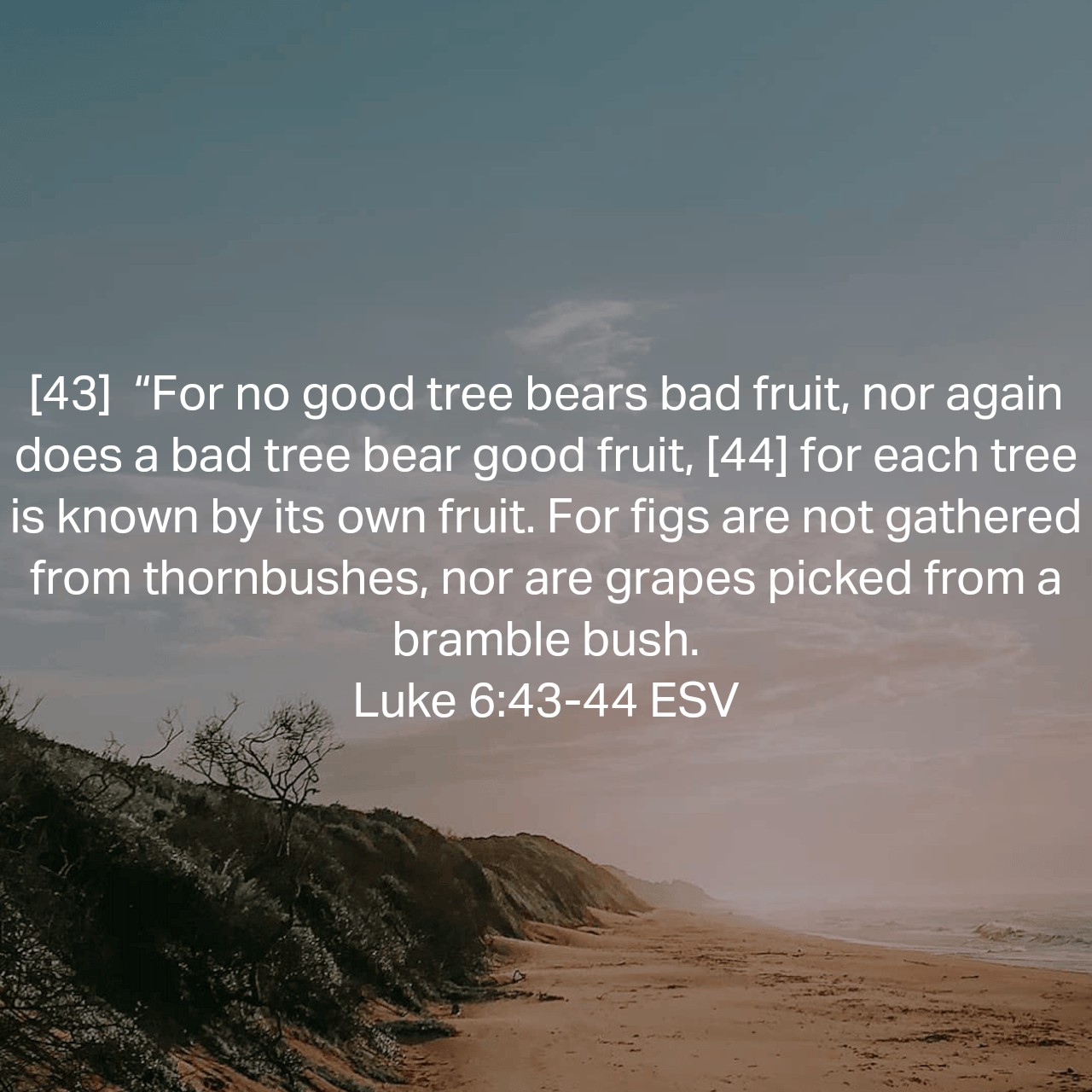Isaiah 5:21 (KJV)
“Woe unto them that are wise in their own eyes, and prudent in their own sight!” Read more here. Introduction Isaiah 5:21 issues a warning against self-conceit and overestimating one’s wisdom and prudence, highlighting the danger of arrogance. Interpretation This verse condemns those who are overly self-reliant and prideful in their own wisdom, ignoring the … Read more









